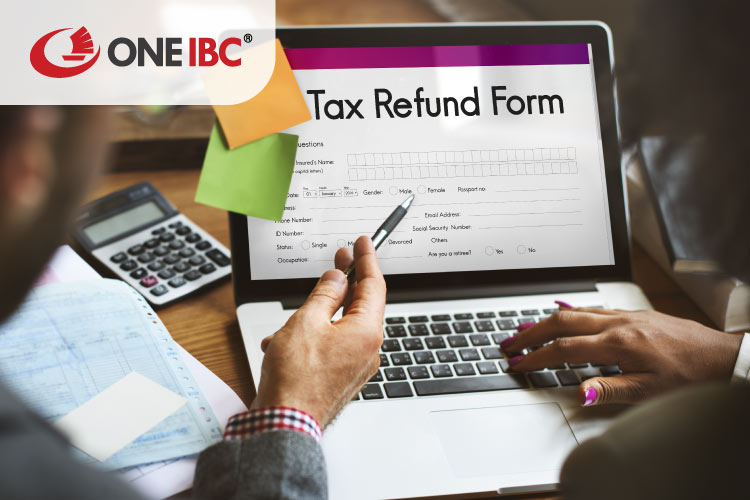- Notifications

We will only notify the newest and revelant news to you.
Most people are not aware of protecting their assets until bad situations occur, such as getting a divorce, bankruptcy, civil lawsuit, and so on. That is why it is never too late to start seeking to establish an offshore trust to protect your assets.

Simply put, an offshore asset protection trust is created by taking advantage of the laws of a foreign country that does not impose the penetration of other countries.
The most flexible and well-known way to establish an offshore trust is to open an LP where you could transfer your assets into it and keep only 1% of the shares to control while the other 99% of the shares would be transferred to the offshore trust. Moreover, you are able to choose whether to transfer your assets to your offshore trustee or keep them in your home country unless they are threatened.
If you are sued in your home country and entered judgment against you, it has no bearing on the nation where your assets are kept in an offshore trust as well as the case would be conducted in the foreign country where you kept your trust.
Furthermore, you cannot create an offshore asset protection trust after you have already sued and the lawsuit was imminent, which would be considered as a fraudulent transfer, thus, it must be set up before that happens.
Additionally, an offshore asset protection trust does not affect the amount you pay in taxes, but you must reveal foreign trust, accounts, and assets on your tax return. It also helps you save money by lowering the insurance for your assets.
First of all, keep in mind that setting up an offshore trust might cost a couple of thousand dollars. You should have a clear understanding of why you want to establish a foreign trust before you do so. For instance, you have a sizable sum of money that has to be safeguarded. This is one of the reasons why someone might spend the money and time necessary to set up an offshore trust.
Nevertheless, it is important to keep in mind that the procedure of forming an offshore trust might vary according to the country's estate planning legislation. You should seek the advice of a financial advisor and a lawyer who has expertise in counseling clients who possess an offshore trust.

There are a lot of offshore trust jurisdictions out there, but only a few of them provide complete asset protection. Thus, a well-placed offshore trust is one that is established in a tax-free jurisdiction with asset protection planning rules. Also, depending on your investment demands, the banks you want to create accounts with, the size of your trust, what assets you will place into the trust, you would choose which of these best offshore trust jurisdictions is best for you.
You should be aware that transferring your assets to an offshore trust will not exempt you from paying certain taxes. Offshore trusts will be taxed as either grantor or non-grantor Trusts by the Internal Revenue Service.
A grantor trust is one in which the grantor retains some control over the assets. Any income and capital gains generated by property kept in an offshore trust are taxed as if it had never been transferred to the foreign trust in the first place.
A non-Grantor Trust is known as when the grantor relinquishes ownership of the assets or property put into the trust. The offshore trust is taxed as an individual entity in this scenario.

Latest news & insights from around the world brought to you by One IBC's experts
We are always proud of being an experienced Financial and Corporate Services provider in the international market. We provide the best and most competitive value to you as valued customers to transform your goals into a solution with a clear action plan. Our Solution, Your Success.